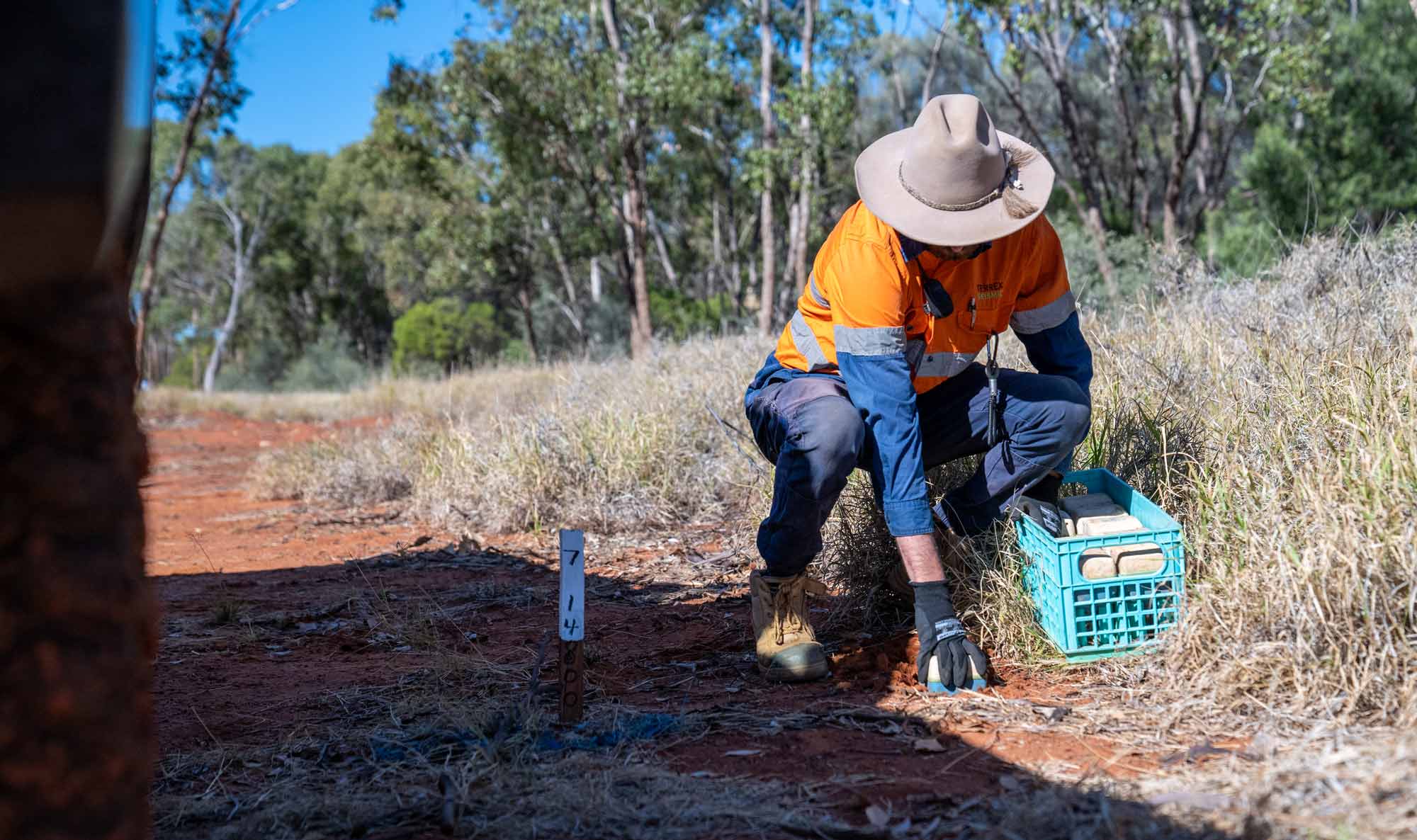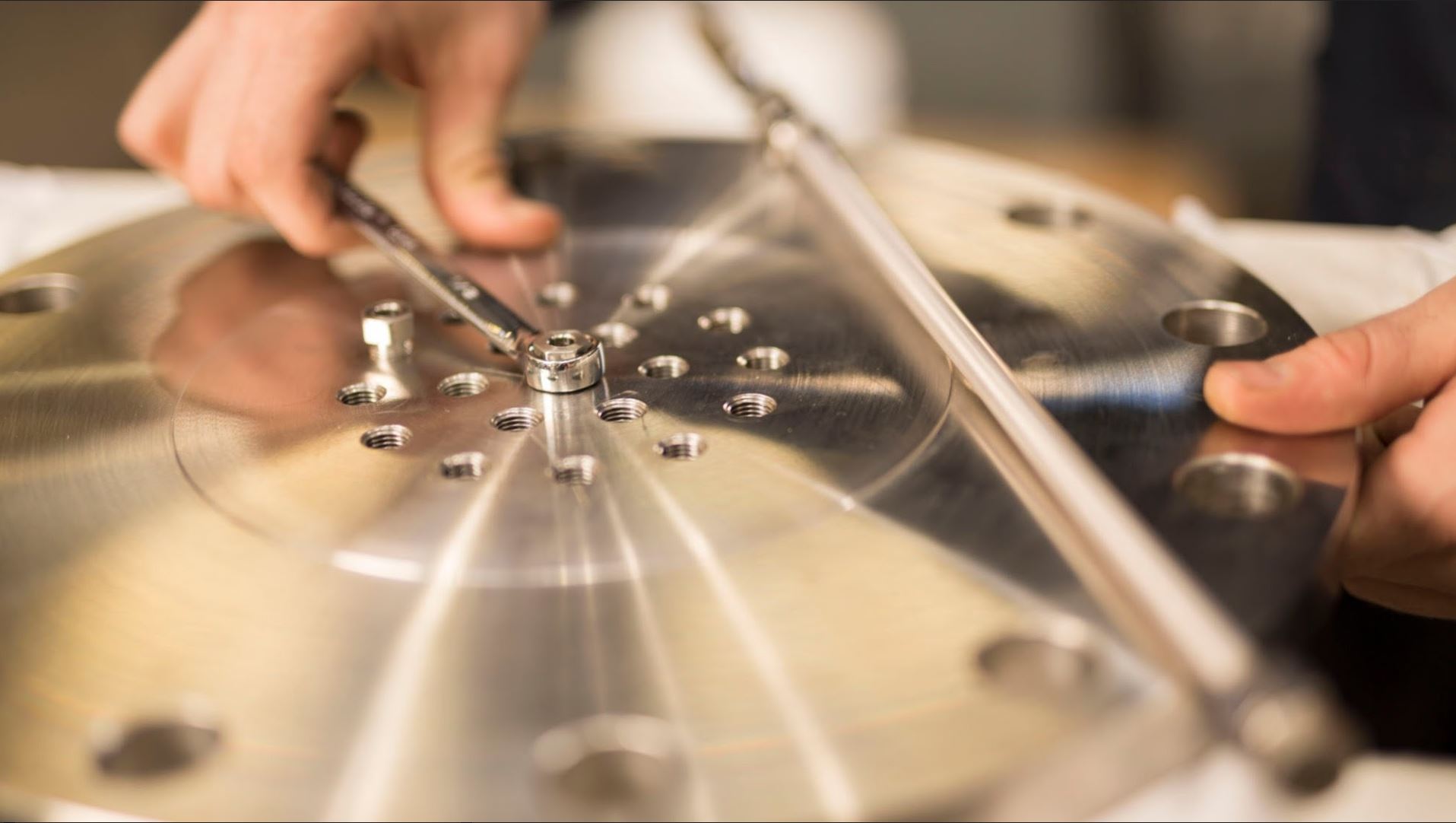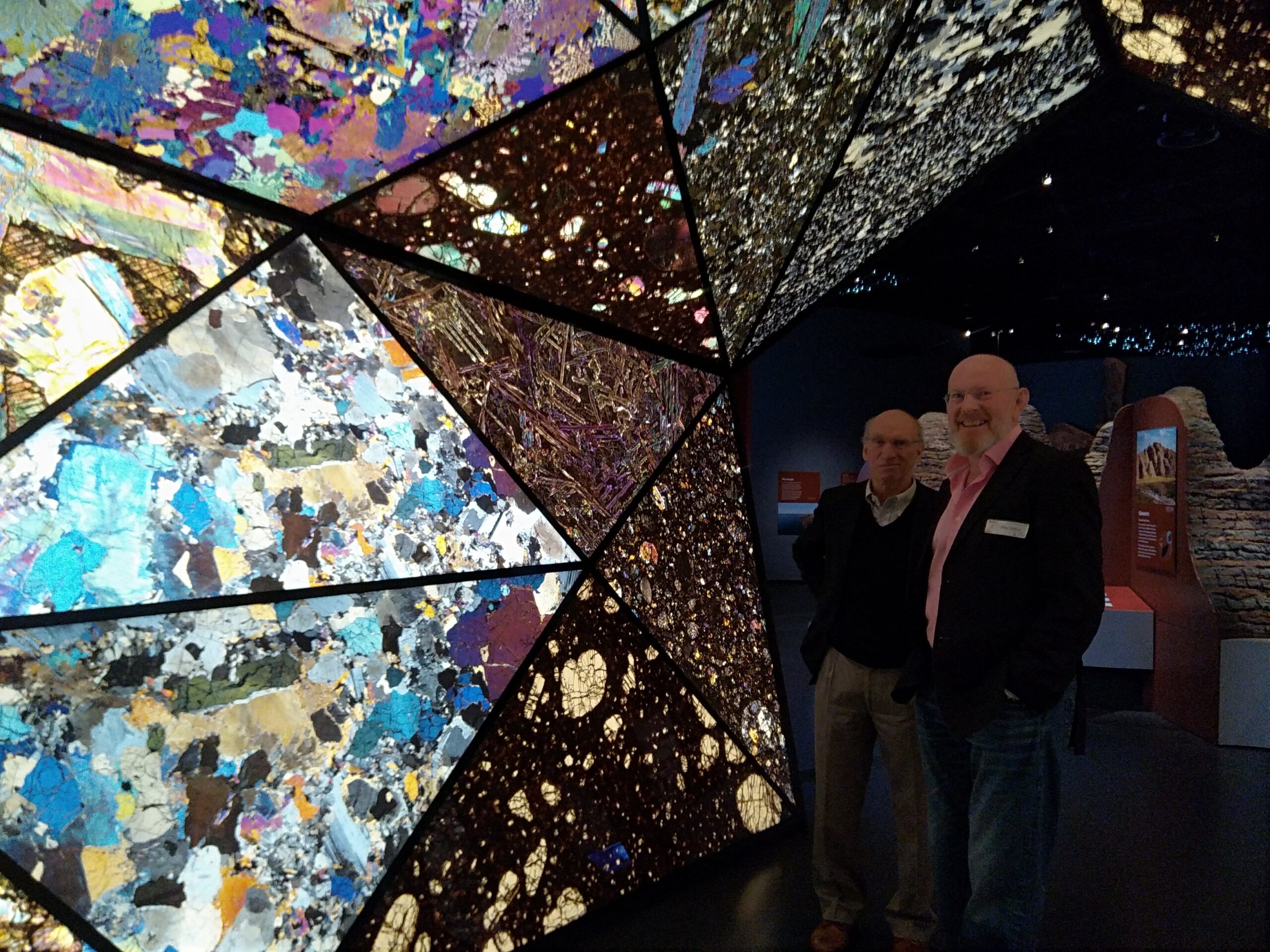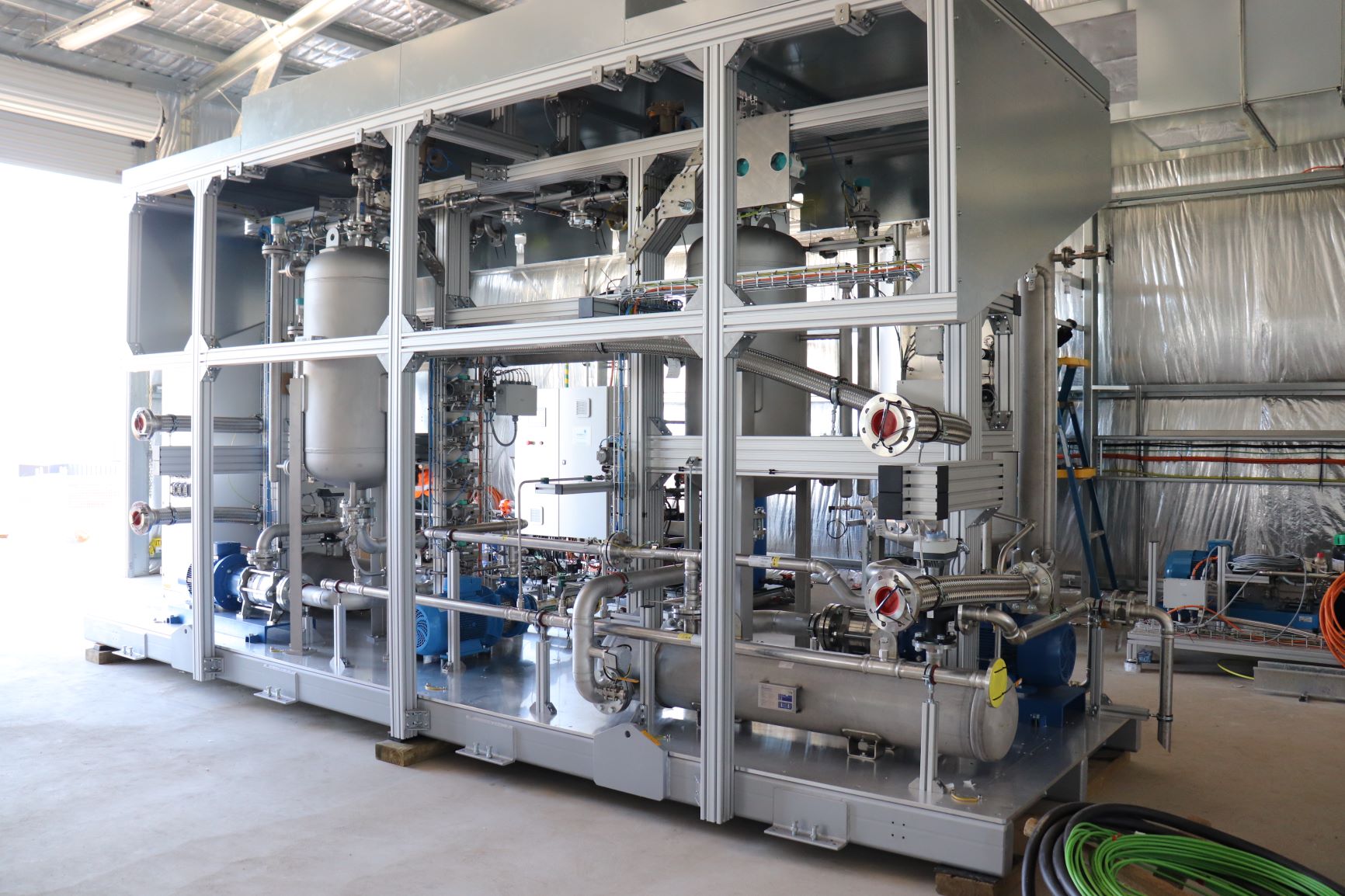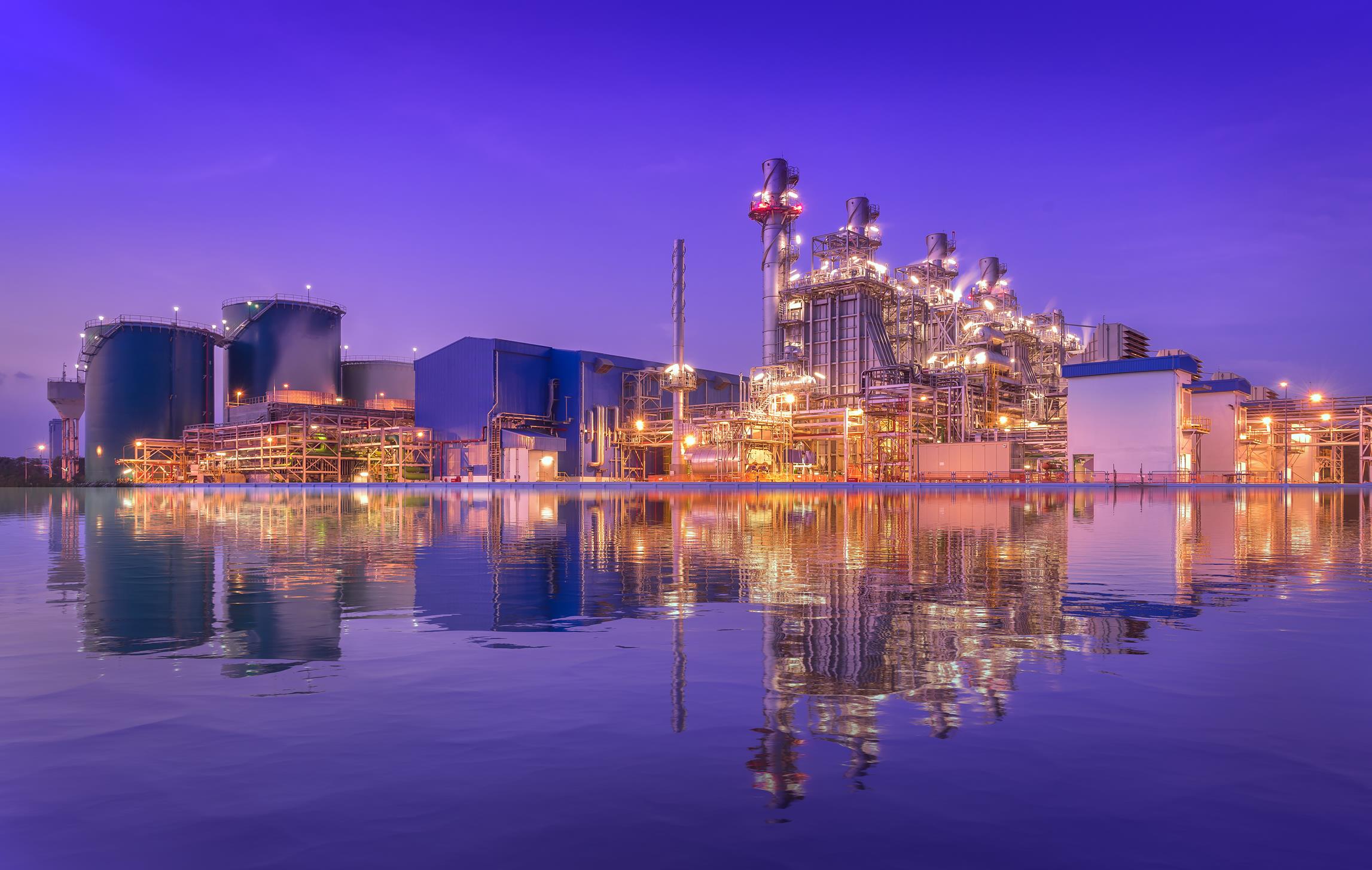The longest deep-crustal seismic survey ever conducted by Geoscience Australia has been completed in central-western Queensland.
More than 1,700 kilometres of new data was collected as part of the $30.9 million Data Driven Discoveries program, which aims to reveal new insights into the hydrogen storage, groundwater and minerals potential of the under-explored Adavale Basin.
The program used Vibroseis trucks and geophones.
“Using Vibroseis trucks for seismic surveys is advantageous as it’s non-invasive and can cover large areas efficiently, making it suitable for regional studies such as this one across the Adavale Basin,” Director, Strategic Basins, Mitchell Bouma said.
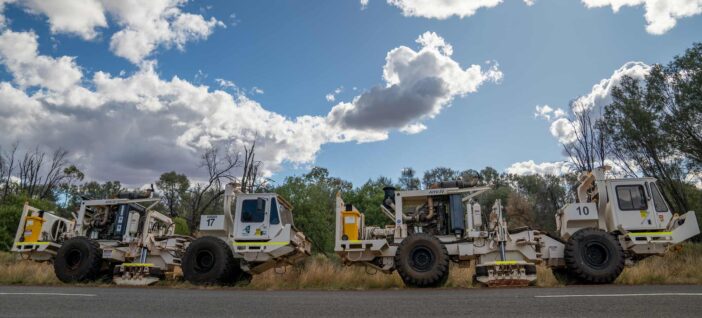
Working in collaboration with the Geological Survey of Queensland, Geoscience Australia re-examined decades-old seismic data and collected new geoscientific data to identify opportunities for resource discovery.
In addition to collecting 1,715 kilometres of new data, Geoscience Australia also reprocessed approximately 2,350 kilometres of historic data from the Adavale Basin.
“The amount of reprocessed data alone is equal to more than half the width of Australia,” Mr Bouma said.
“It’s a huge amount of data. By modernising this historic data from the 1960s to the 1980s and linking it with the newly acquired seismic data, the program will provide a more detailed understanding of the basin’s resources and geological storage potential.”
This includes its potential for storing hydrogen or carbon dioxide underground, as the Adavale Basin is home to the largest known thick salt accumulation in eastern Australia, the Boree Salt deposit. This deposit could be used to safely store hydrogen gas. Just one salt storage facility could provide more energy than the largest battery power plant in Australia.
The data from the survey will also be used to learn more about how the Australian crust evolved throughout geological time.
“By harnessing the power of historic and cutting-edge scientific data, we can accelerate discoveries to support Australia’s energy transition,” Mr Bouma said.

